Learning How to Win by Learning How to Lose in Trading
Learning How to Win by Learning How to Lose in Trading
by: Colibri Trader
It does not matter how good your trading system is- you will not win 100% of the time! A fact! The way you deal with this fact will go a long way toward determining how big a winner you become. In fact, after so many years spent in the financial arena, I have absolutely no doubts in my mind that one of the most essential keys to winning is learning how to lose. Learning how to win by learning how to lose in trading-just stop for a second and think about it:
To most people it is, and that is why they end up being bad traders and consistently losing! To market professionals, it is a fact of life- losing is the cost of doing business in this field. If you can’t accept it, probably trading is not a field for you. Market professionals do not lose sleep if a given trading position ends up in a loss. In fact, they are concerned with far more important factors: A) what is the net result of ALL their trading efforts and B) where they will call it quits if some of their positions are moving against them.
Learning How to Win by Learning How to Lose- The Way to Approach the Market
As can be seen from a few of my latest articles, I have been misled by the market on a few occasions. Let’s say the last DAX trade. I was expecting more buyers to push the price up and the German stock index to continue its climb. What happened was that buyers’ enthusiasm was extinguished by more sellers pushing the price down from the resistance area of 9800 and this led to a massive sell-out. In fact, the candle just after I did give the trading signal was an inside bar, which indicated the hesitance of the buyers. Even before that happened, I did spot a few worrying signs from the intraday charts that were hinting for a reversal. Learning how to win by learning how to lose is the key ingredient for a consistent and successful trading. In my experience, one thing I have learnt the hard way and it is the last sentence:
Having learnt from my mistakes, I can bravely claim that the hardest thing still remains to cut losers fast. The second hardest is to let winners run for as long as possible, but without those two qualities no trader could ever succeed in the long-term.
Learning how to Win by Learning How to Lose and the Cycle of Nature
We all have heard about the large-scale cycles of nature: day follows night and summer follows fall… just like a cycle in the stock market. But not everybody appreciates how cycles at every scale (from atomic to astronomic) are the hidden rotors of the splendid phenomena of nature. Just like a Fibonacci sequence, they do tend to reveal a wonderful microcosm of repetitive patterns that drive major changes and rule trends.
Two brilliant inventions– the internal-combustion gasoline engine (by Nikolaus Otto) and the diesel (by Rudolf Diesel) have changed the world. They both exploit cycles and just like in trading they follow a pattern- four strokes for the Otto’s engine and two strokes in the Diesel cycle before they come back to the initial stage. Just like a price action pattern, which has tested resistance two or four times and returns back to the initial level from where it started… numerous links could be found between nature and trading. Cycles tend to repeat themselves and the details of these cycles have been “optimised” by an R&D cycle of repetitions centuries old.
At an absolutely different scale did our fathers discovered the efficacy of cycles in on the great advances of human prehistory: the role of repetition in manufacture. Take a stick and rub with it a stone and nothing happens. Take the same stick and rub the stone a hundred times and again- nothing. Start all over again and repeat the process a thousand times- you will have a sparkle. By accumulation of imperceptible increments, the process creates something completely new.
You are probably either asking yourselves what is wrong with me or by this time you have already closed this page. In case you are still on the same page as me, I will continue with my description of trading when you are in a losing position- learning how to win by learning how to lose. This could be a completely novel way of seeing the market for a lot of you, but in my opinion even with the best trading strategy, if you don’t acknowledge the importance of objectivity, you are doomed. Ego, greed or fear– they don’t have place amongst winning traders. Although cycles do tend to repeat themselves as discussed earlier, they are sometimes very hard to discern. That is why, objective trading is the most important skill a trader can gain over the long-haul. You can’t make money in the long-term by strictly abiding to a trading strategy without having strict rules when to cut a losing position. That is what I have been sharing with all of my followers that have known me for a while. I would like to help traders become profitable and that is why I keep repeating that you can’t keep averaging down or throwing good money after bad. Traders keep repeating the same mistakes over and over again. What drives us to that destructive behaviour:
Traders in general think that if they pick a big winner, they 
The destructiveness of the ego could be seen day after day. Go in any broker house and listen to the daily conversations that the sales department is having with their clients. You will hear clients talking to their account managers that they will sell their stock when it comes back to where they are even. You will hear traders making deposit after deposit in order to maintain their balance, so they are not margin called. You will see traders that keep on adding positions to a losing trade (averaging down) until they are broke. For ego-driven traders/investors, “break-even”=”not dumb”. All they can see is their winning or losing positions. They stop thinking objectively and forget that the most essential factor in making money in trading is looking it as a business.
Learning How to Win by Learning How to Lose- Winning
How does emotions influence decision making in trading?
Researchers involved with trading have made important progress toward understanding how specific emotions influence our trading judgements and objectivity. The research was based on how positive and negative moods affect objectivity in trading. For instance, it was found that a good mood increases the likelihood of a more biased judgements. On the other side, bad mood decreases this likelihood. A number of scholars found that bad moods can trigger more thoughtful processes that could reduce biases in judgement. A few scholars have even shown that sad people are more likely to be affected by obstacles in trading or a losing streak and thus will make worse trading decisions. On the other side, those ones in a happier mood would be more likely to make better trading decisions.
Specific Emotions
Emotions are the same across different cultures. Basic emotions such as happiness, sadness, fear and anger are the same for people from different cultures. Each of these are making traders from different cultures to respond to certain market conditions in the same (or very similar) way. For example, fear makes traders’ minds sensitive to risks. Sadness makes traders to focus on the self and motivates them to look for a change. Anger is a particular emotion. Although it is a negative emotion, it does share a lot with the features of happiness. Some of the shared factors are increased confidence and decreased sensitivity to risk. Therefore, for a trader it does not really matter if he/she is losing/winning. The feelings of anger or happiness are distorting his/her objectivity in the same way.
Let’s take an example- I am going long the GBP/USD today. By the end of the week I am 1) up 200pips or 10,000GBP 2)down 200pips or 10,000GBP. Obviously in the first case, I would be extremely happy and ready to take even higher risk. In the second case, I would be really “neck-down” and will be looking to break-even as soon as possible, thus increasing the size of my next trade. In both cases, my reaction will come across as overconfident to market participants. In the first case, this would be due to my “happy mood” and in the second, it would be due to my “angry mood”. In both cases I am making a mistake. I am trading with blurred objectivity, which is prone to big trading mistakes. This leads us to the next point:
The above explored example is very similar to the “endowment effect”. Endowment effect is described by the value traders place on a certain commodity they own. The value is greater if they own the commodity than if they don’t. As deduced by Bazerman&Moore:
Lerner and her colleagues (2004) explored what happens to selling prices of a commodity (set by those who own it) and choice prices (set by those who are choosing between a commodity and money). They distinguished between two states- sad or disgusted state rather than in a more neutral state. They induced disgust by showing participants a film clip depicting intimate use of an unsanitary toilet from the film Trainspotting. They induced sadness by showing participants a film clip dramatising the death of a boy’s mentor (from The Champ). The results showed that disgust triggered the desire to expel. This led potential buyers to lower how much they would be willing to pay. In contrast, sadness triggered the goal to change one’s circumstances. This increased people’s willingness to pay to buy and decreased the price they demanded to sell.
This study is confirming once again how traders are making decisions based on their emotions. It is imperative that you understand how your emotions are shaping your trading decisions, before you become a winner in this zero-sum game. Emotions are so much ingrained in our daily reflections that even the weather can influence our moods. For example, pollsters have gathered information that people report to be less satisfied with their lives on cloudy than on sunny days. It has been shown by researchers that this effects even extends to the stock market. Thus, prices are more likely to go up on a sunny day in New York than when it is cloudy.
These final examples are key to understanding our own psyche better. If we want to achieve success in trading, more important than anything else is to first start with ourselves and building a trading plan. Experience has taught us that even with the most prone-to-errors system with the highest risk:reward ratio, there comes a moment when its reliability is tested. What I am trying to show my readers and the people who have taken my trading course is that a trading system is not the only essential factor for making the right trading decisions. A variety of factors play essential role, but understanding our own psychology is one of the crucial factors. What builds successful traders in this zero-sum game is more than discipline- it is a total control of our own feelings.


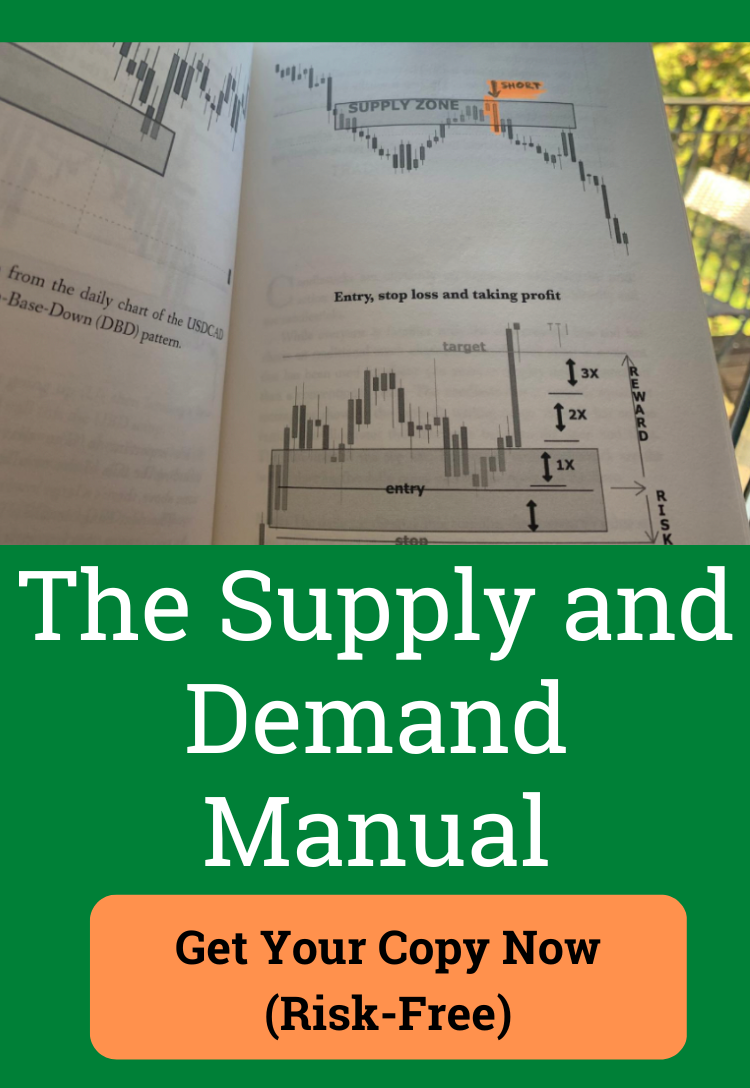
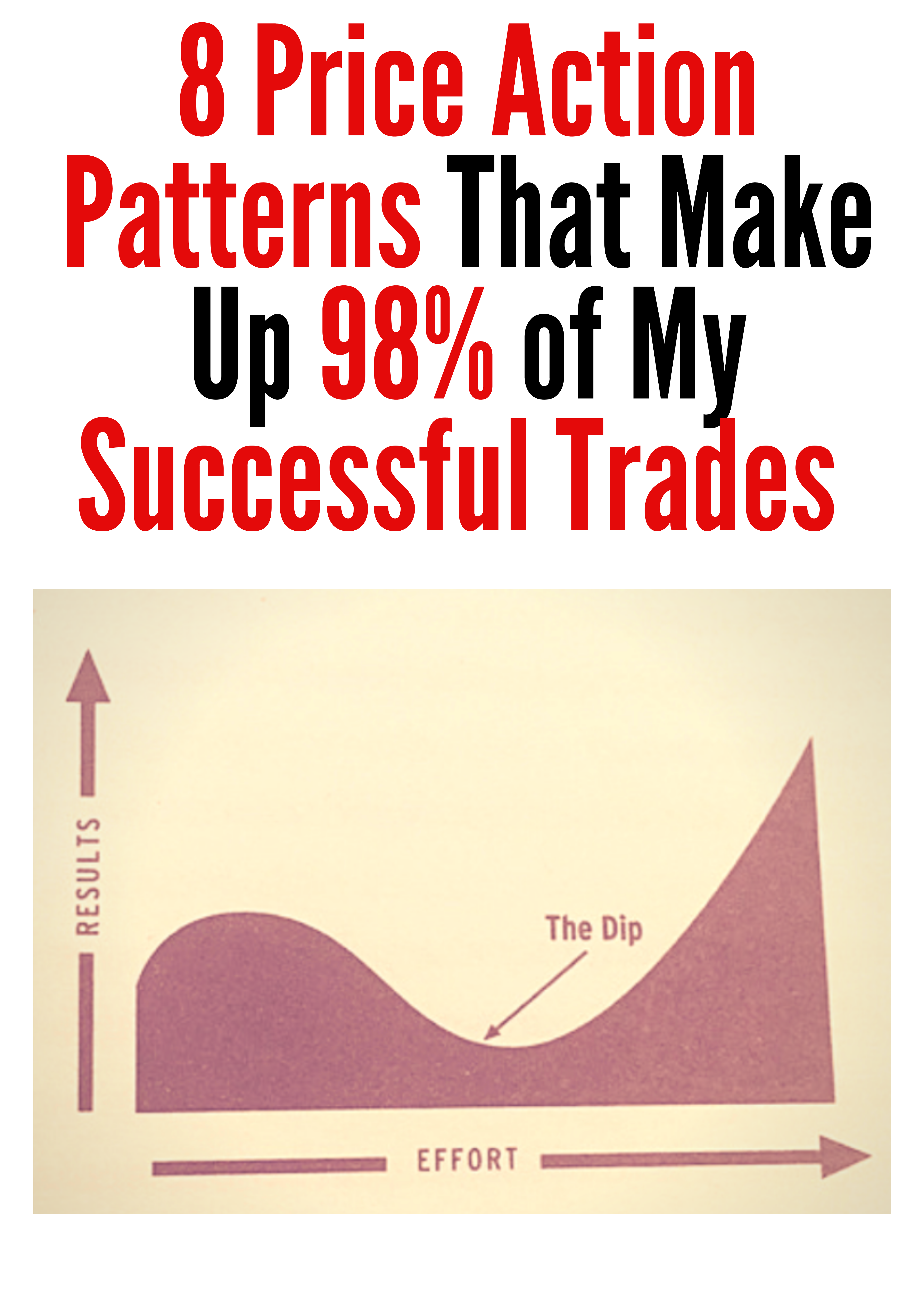
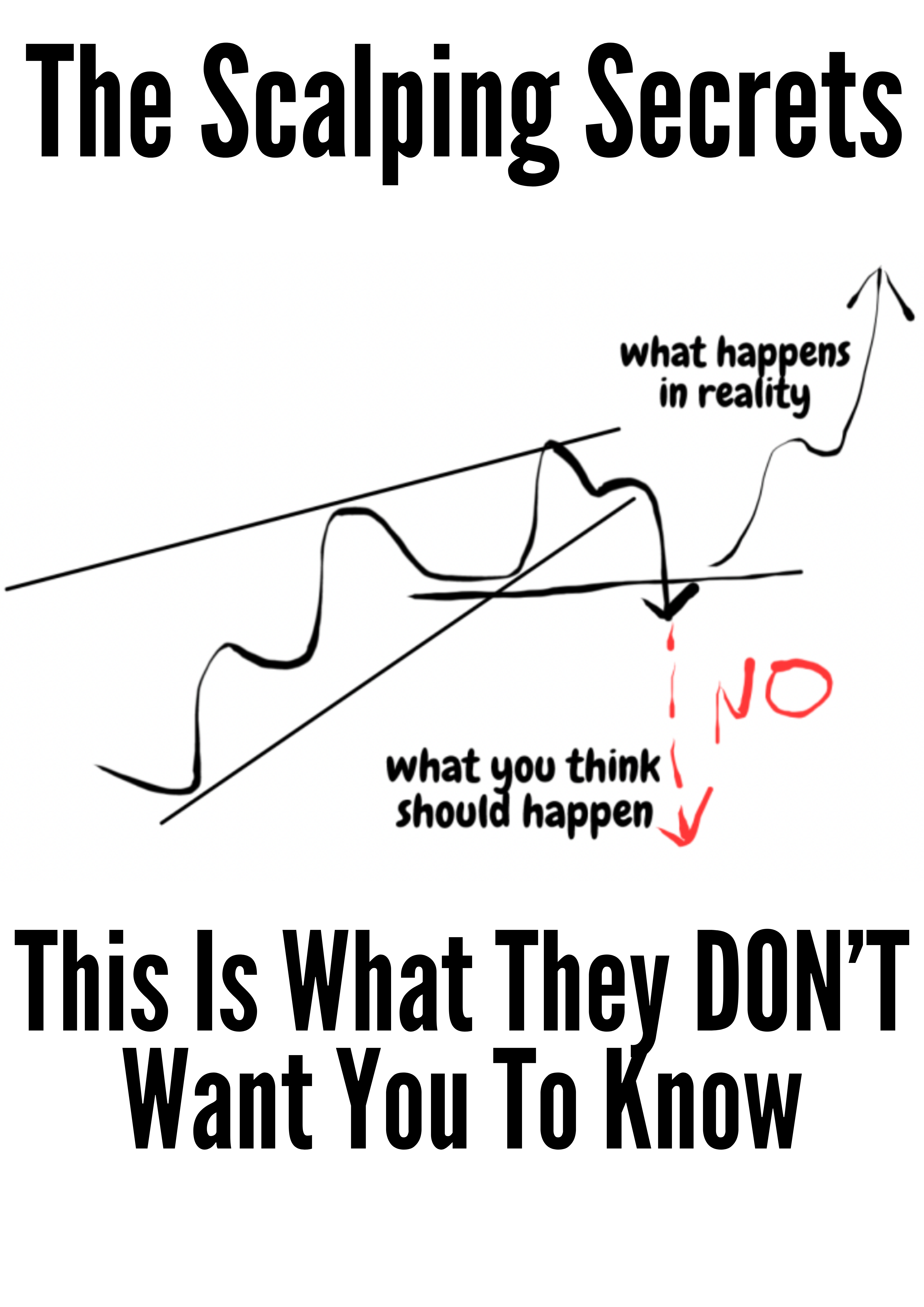
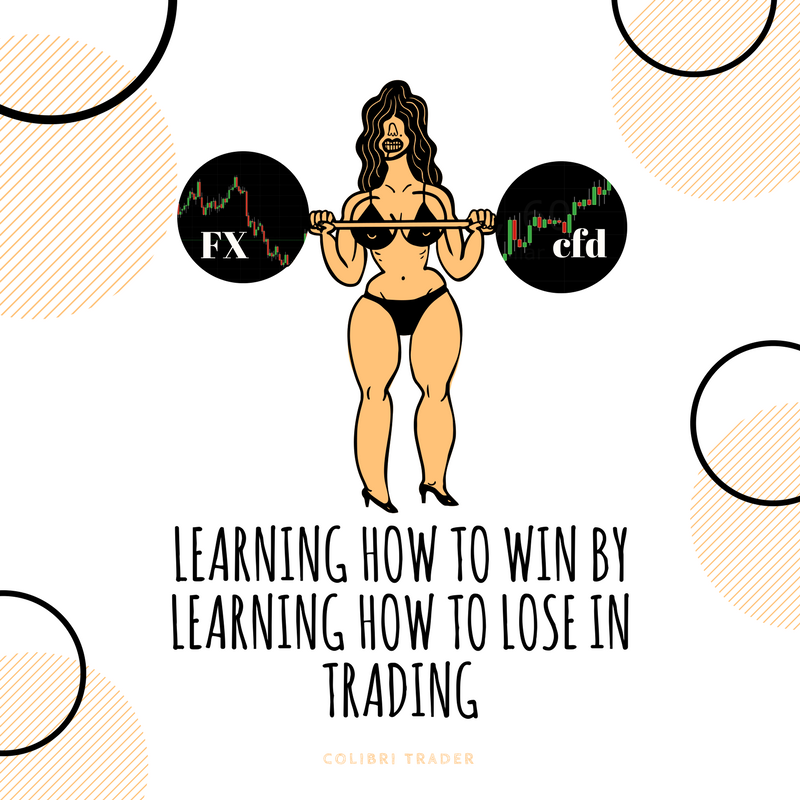
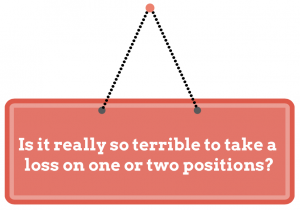
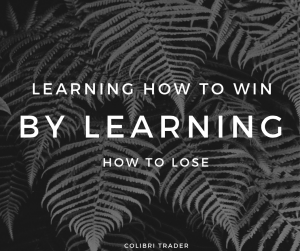


Hi Colibri,
Interesting and as I’ve learnt the sooner you cut losers the more you are psychologically available to focus on what’s really happening on the chart.
A string of small losers doesn’t hurt, but one big one does. It stops you in your tracks, you have to stop trading for while. I kid you not it is in these breaks after a large loss that the great setup up comes.
So you lose because you alowwed a large loss then you lose by missing the excellent setup.
I liken trading to fishing you don’t catch a big fish everytime but you keep putting your line in until one comes along.
Most new traders will not understand the high importance of this article
Thanks
Dan
Hi Dan,
Great comments again! Thanks for sharing your own observations- they do help greatly!